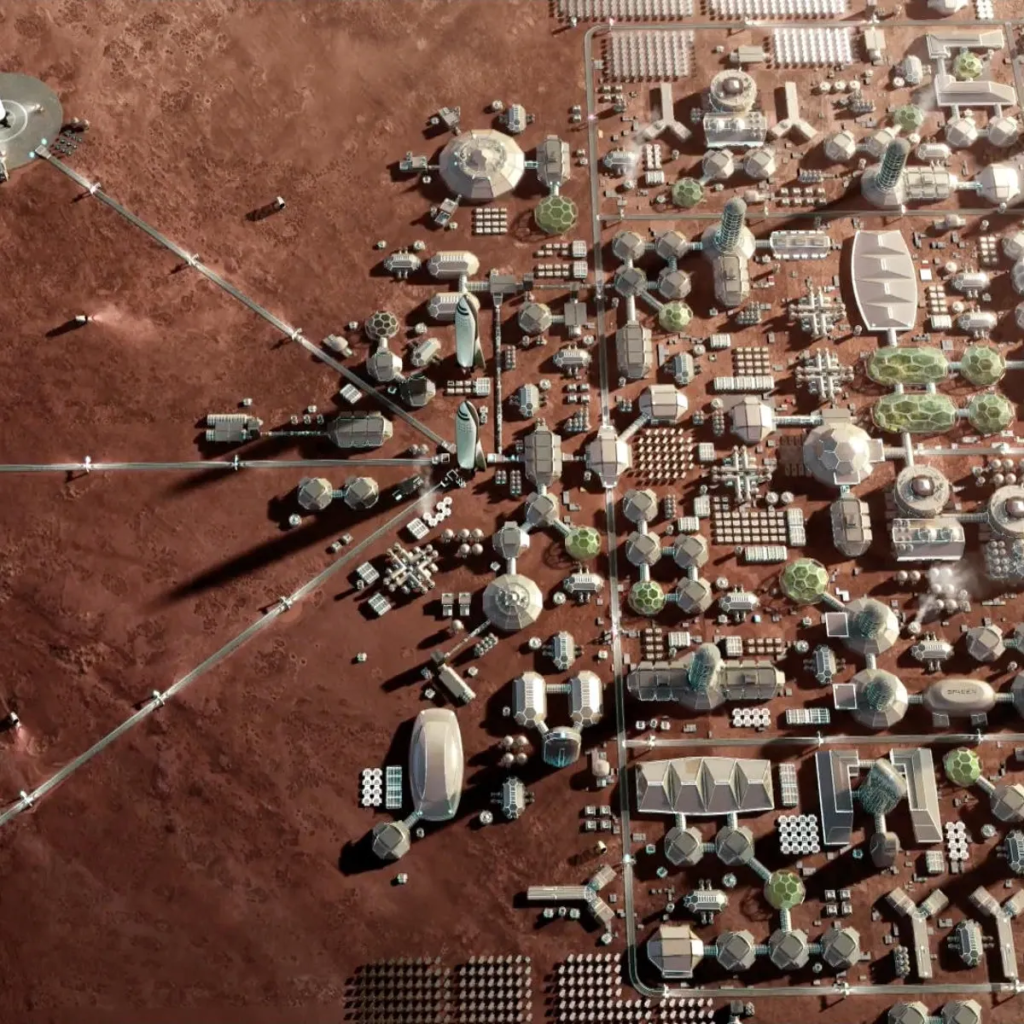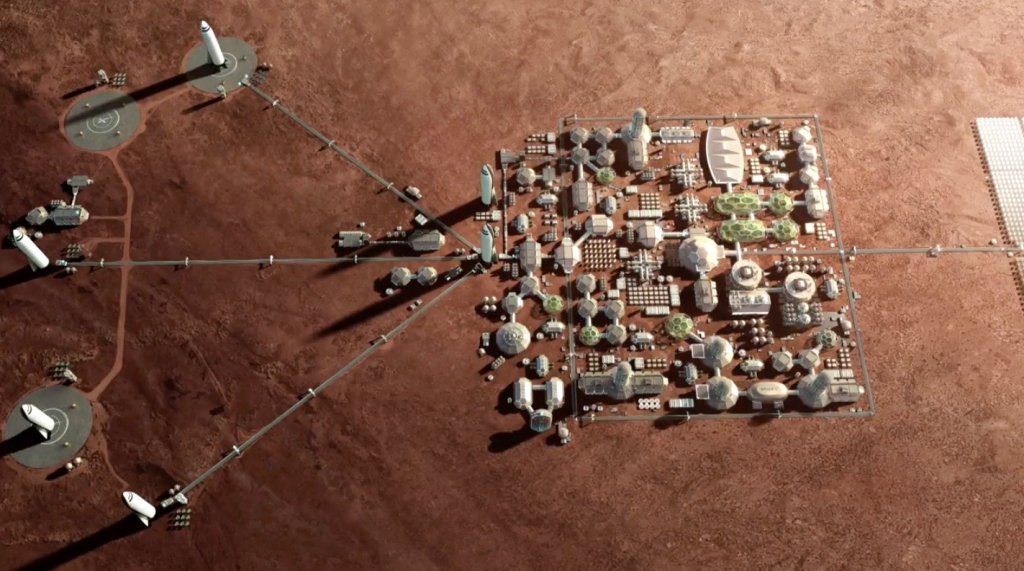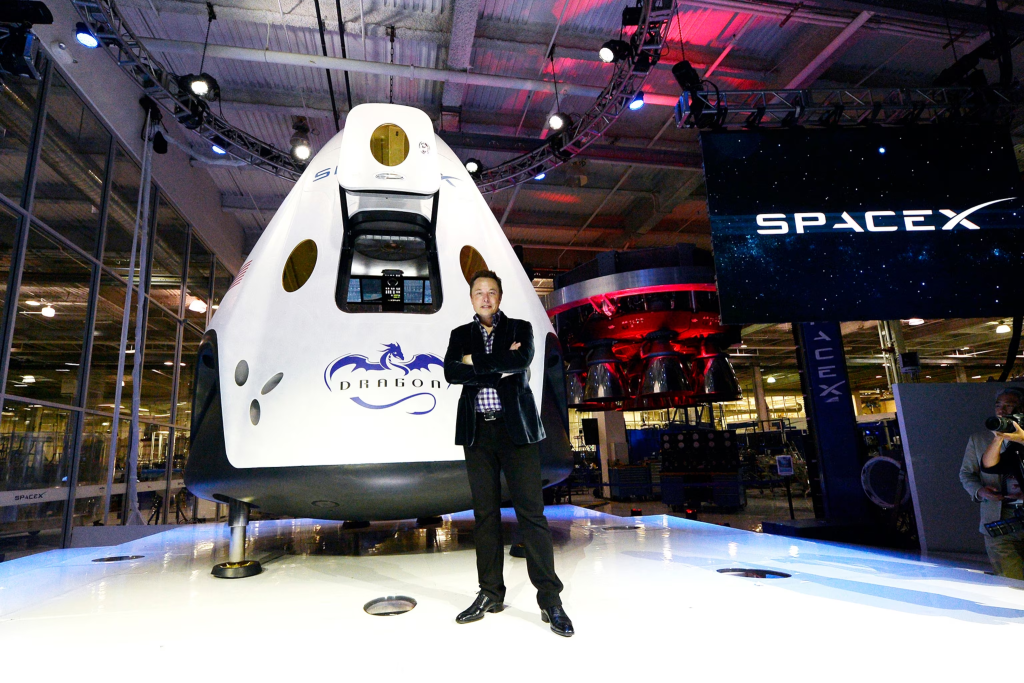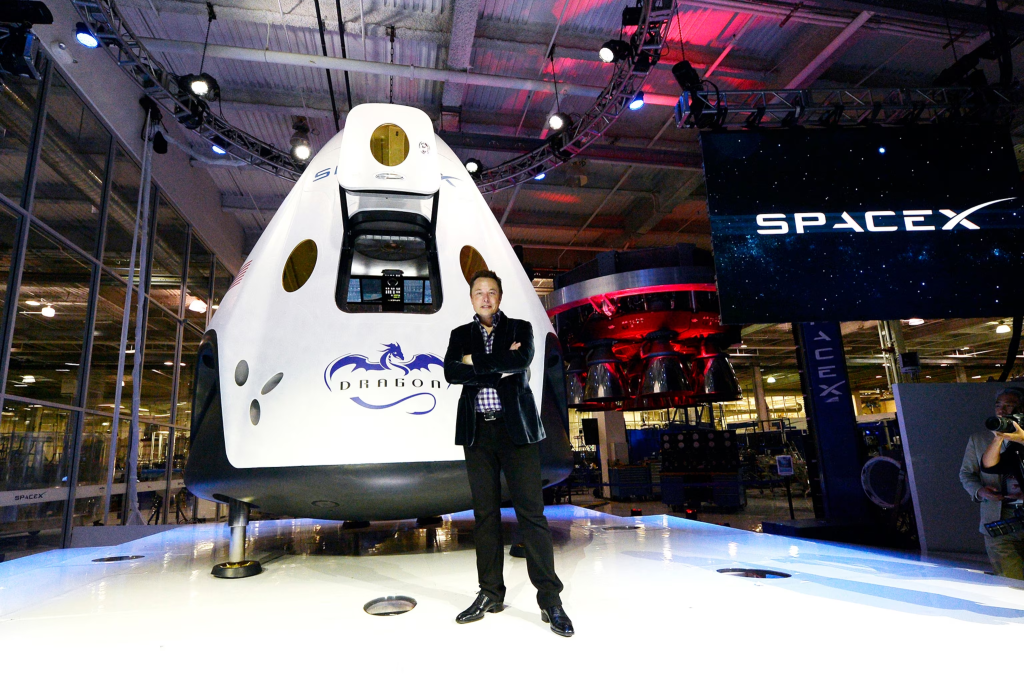
In a world where digital ambition knows no bounds, few names resonate as powerfully as Elon Musk.
From self-landing rockets to brain-computer interfaces, from electric vehicles to plans for interplanetary colonization, Musk has long been the poster child of audacious innovation — turning science fiction into tomorrow’s engineering. But among his many ventures, there is one that might be remembered not for its triumphs, but for its vanishing act. That project was MetaMars — a sprawling virtual city designed to simulate life on the Red Planet. Its sudden disappearance in early 2025 became one of the most surreal financial implosions in tech history.

Launched discreetly under a subsidiary of X Corp in late 2022, MetaMars was envisioned as the next leap in digital simulation. Musk’s idea was deceptively simple: if humanity intends to survive on Mars, we must first learn to live there — virtually.

This wasn’t another VR game or educational simulator. MetaMars aimed to be a living, breathing digital ecosystem — a 1:1 scale Martian replica in the metaverse where users could live, work, vote, farm, solve problems, and confront the same psychological and environmental hardships they would face on Mars itself. In short, Musk wanted to simulate society in exile before exile became a necessity.
The concept was either visionary or delusional, depending on who you asked. And it came with a staggering price tag. By the time its servers went dark, internal reports confirmed that nearly $890 million had been funneled into the project.

The funding came from a cocktail of Musk’s personal wealth, speculative investors drawn in by promises of “Martian real estate,” and venture capital firms eager to ride the next wave of digital frontier.
The scope of MetaMars was jaw-dropping:
- Hyper-realistic Martian terrain physics
- AI-powered virtual citizens with independent behavior
- A functional digital economy with its own currency
- Dynamic weather systems simulating Martian dust storms and radiation
Users could purchase digital land as NFTs, join political parties, run greenhouses based on real agricultural models, and elect virtual leaders whose policies would impact in-simulation infrastructure managed by AI.
Behind the scenes, a dream team had been assembled — former NASA engineers, behavioral psychologists, game designers, climate modelers, and blockchain experts, all operating under a tightly controlled media blackout.

The simulation didn’t shy away from discomfort. It was coded to simulate stress, boredom, conflict, scarcity — all the gritty truths of Martian survival that glossy PR campaigns usually omit. Users were encouraged to stay for weeks or months, fully immersed, and rewarded for enduring the psychological challenges.
The AI was adaptive, learning from user behavior and tweaking variables in real-time. If a colony became politically unstable, the AI might trigger a communication blackout or ration resources. MetaMars was never meant to be a utopia. It was a crucible.
And yet, despite the vision, MetaMars never gained mass appeal.
At its peak, it had around 50,000 active users worldwide — impressive, but underwhelming for a platform of its ambition. Barriers to entry were high: expensive VR hardware, strong internet, and serious time commitments. The onboarding was dense, the interface complex, and the experience intentionally uncomfortable. This wasn’t escapism. It was a survival trial. And most people didn’t stay.

Then came the collapse.
In January 2025, a scheduled backend update meant to improve stability and AI behavior triggered a cascading failure. Core data architecture across its decentralized servers became corrupted. Backups, misconfigured and poorly documented, failed to restore the damage. Within hours, entire colonies vanished. Buildings blinked out. AI characters froze or glitched. Environmental controls spiraled. And then… silence.
Developers scrambled to roll back the patch — but by then, over 90% of MetaMars’ digital world was irreversibly lost. What remained was fragmented: a few corrupted files, terrain tiles, broken avatars, echoing audio logs. The once-grand simulation had vanished, swallowed by its own complexity.
The aftermath was chaotic. Investors demanded answers. Leaks revealed misallocated budgets — more funding for AI experiments than infrastructure maintenance. Internal teams blamed poor communication between engineering divisions. Some insiders suggested Musk had mentally checked out months earlier.

Musk’s only public comment came via a tweet:
“At least now we know what NOT to build on Mars.”
That flippant remark did little to appease critics. Many accused him of treating billion-dollar tech experiments like disposable thought exercises, ignoring real-world fallout.
Others, however, saw MetaMars as a necessary failure — a proof of concept pushed beyond its limits. Innovation, they argued, often requires things to break. And no one breaks things quite like Musk.
The collapse also reignited debate over billionaire influence in shaping digital and off-world futures. Was it ethical to pour almost a billion dollars into a virtual society with no governance, no oversight, and no fail-safes? Should simulations of future civilizations be regulated like physical infrastructure?
Had it succeeded, MetaMars might have laid the blueprint for humanity’s first Martian cities. But in its failure, it revealed how fragile our digital dreams can be.

By March 2025, whispers of a revival began. A group of former developers proposed a lightweight, open-source version of the simulation, focused on education and sustainability training. When asked about it in a livestream, Musk simply smiled and said:
“Mars still needs cities. Maybe just… simpler ones.”
Whether it was a hint or just deflection, no one could say.
Today, MetaMars lives on only in glitchy backups and scattered online memories. A viral Reddit thread — “I lived in MetaMars for 172 days” — has become a digital memorial. Users recount stories of simulated famine, political upheaval, and even bizarre AI romances.
For those who lived it, MetaMars wasn’t just an app. It was a place. One user wrote:
“It felt more real than my job. More challenging than college. More human than any metaverse I’ve ever been in.”
In the end, MetaMars might not be remembered as a waste of money, but as a digital Atlantis — a grand experiment sunk by ambition and fragility.
And for Elon Musk, it’s yet another entry in a career marked not only by what he builds… but by what he dares to lose.


